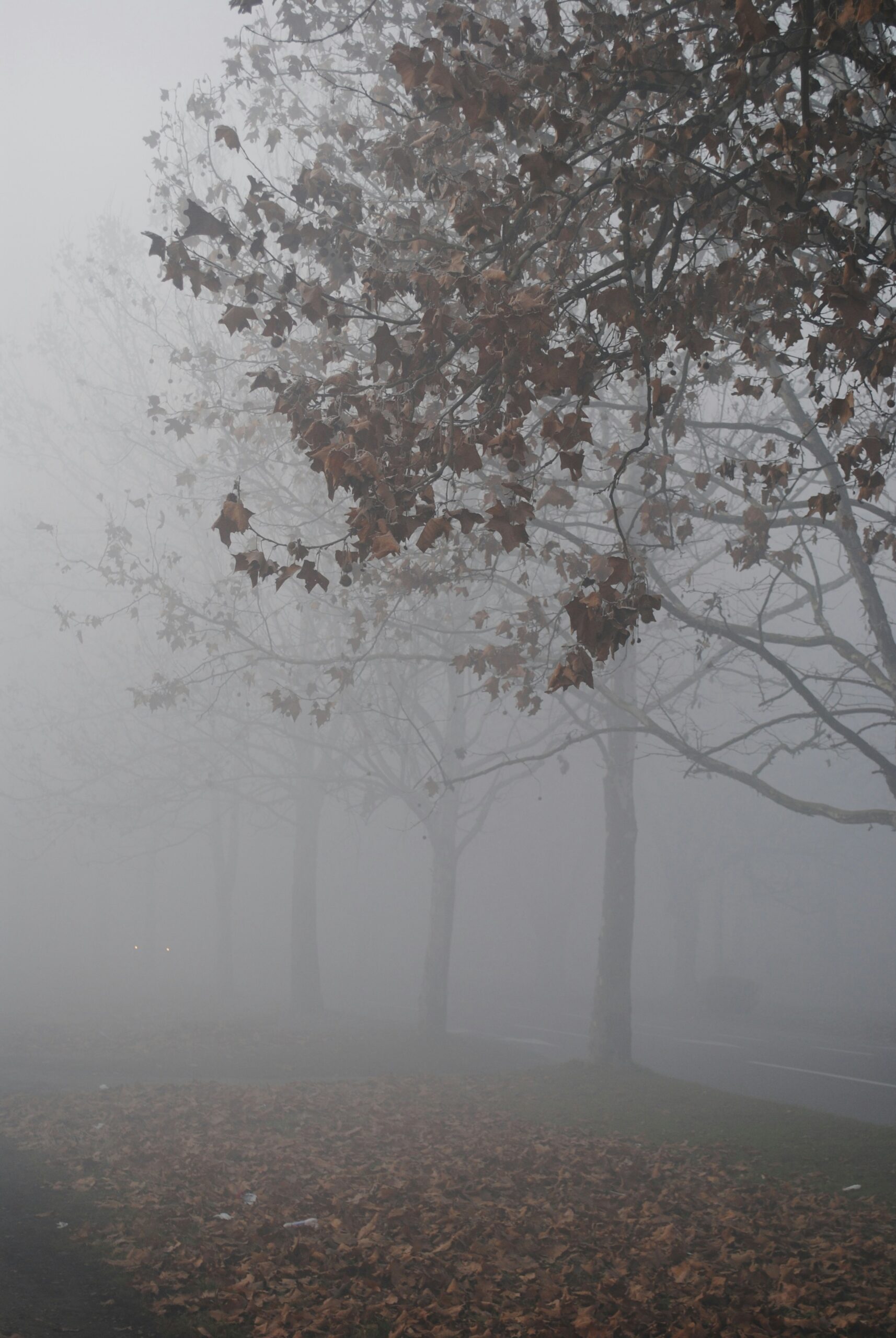What is the process of writing a poem like for you? Is it a lot of hard work or easy?
Ruth Mwanza: I can say it is easy but, in my early days, I would not have said this. You know, the problem with poetry is that it needs a level and an extent of being in touch with your emotions and experiences and that is not easy. However, I started with blogging, so when I was starting writing, it was a matter of being able to come up with ideas you can write about and really write them out in detail, break them down.
So, I started with a 30-day writing challenge which I did for about three months. My big brother reminds me constantly that to have good-to-professional level proficiency at something, you have to do it for 90 days every day, and so I did. By the time the 90 days ended, I had discovered a lot about myself, the kind of writer I am, and even an introduction to poetry. Because if you are writing for 90 days, trust me, there will be days when you try out new forms to gain expertise in.
When it comes to the writing process, sometimes I will say, for sure, some of my best pieces are a result of using writing as a way of procrastinating, which I also am using as fuel right now. However, I write every day when I can, so that I can genuinely rest on the days when I am experiencing a creative block. This means I do a lot of scheduling and pre-writing, because how else will we be able to stay consistent in a world where you are not always 100%?
.
Please describe your sense of identity in this or any possible world in imagery or metaphor?
Ruth Mwanza:
As a poem I wrote recently,
I am everything and nothing at all
I am a drop of the universe
And the whole universe at the same time
I mean everything and nothing at all
Everything I am is for a reason and no reason at all
I’m not enough
But I’m exactly what I need.

If any of your poems could literarily save a person’s life, which poem would it be and can you describe the person whose life you think it would have saved?
Ruth Mwanza: In all honesty, I don’t think I write poetry to save other people’s lives but rather to save my own. Blogs and articles I have written have changed my life and that of other people and I get wholesome feedback on the impact.
However, in poetry, I just want to be an emotional mess, something I didn’t learn as I grew up with boys, which, don’t be mistaken, was and is still one of the best experiences of my life. I write poetry for myself, for my heart to be calm, my mind to be clear, and my life to be less chaotic. It is a good thing if lives can be saved by my poetry, but I know for sure, that I am the target audience. I am who is saved the most by all the salvation my poetry offers.
However, my aim for poetry is to make people feel less alone, less crazy, feel something, and be more intimately connected to humanity while at it.
What does Africa mean to you, as potential or reality?
Ruth Mwanza: It is a personal opinion of mine but I see Africa as the true motherland. All humanity began here and it is called the cradle of humanity for a reason. Not to be salty, but all other continents kind of behave like the father’s side of the family with their capitalism and colonization which is usually less pleasant than how the maternal side is caring, nurturing and offering a lot of what nature experiences globally all from the same cup. Not to say that tough love is not useful, or ideal, but tough love doesn’t always work while the soft kind always works.
Could you share with us one poem you’ve been most impressed or fascinated by? Tell us why and share favorite lines from it.
Ruth Mwanza: There is a poet called Sadia Kim who recently posted on Instagram a line of a poem which said, “I don’t like talking to people who talk to you just for the sake of talking” and I never felt a line so deeply.
That line is not about talking, that line is about intentionality in whatever it is you are doing. It is about not trying to fill the gap but rather to fill the gap with what is fit to remove the gap. Choosing and not going with the flow, and I promise that’s the best advice I have practised this far.
- Poets Talk: 5 Questions with Kayeon Onyeka - February 25, 2025
- Poets Talk: 5 Questions with Jakky Bankong-Obi - December 3, 2024
- Poets Talk: 5 Questions with Odu Ode - November 26, 2024












Leave a Reply